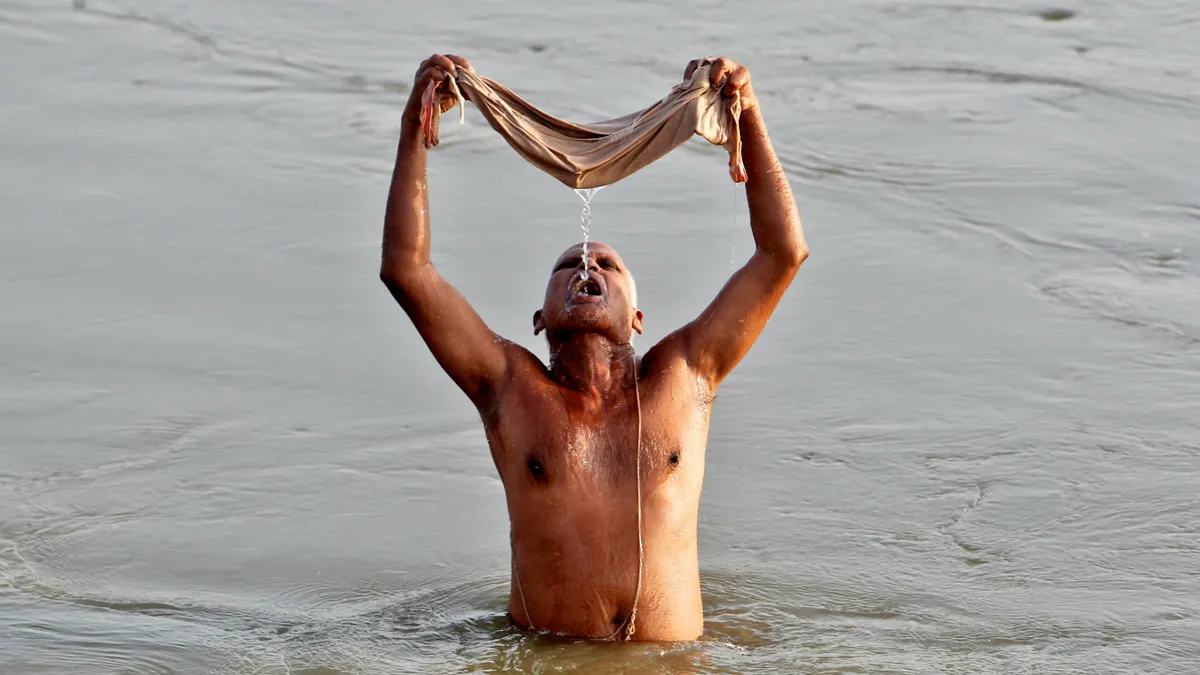Imagine yourself in Ancient India, surrounded by the challenges of daily life, including the pressing need for hygiene in less-than-ideal conditions. Despite the hardships, you discover a civilization that thrived with resilience and ingenuity, particularly in matters of cleanliness.
In this ancient land, people crafted handmade soaps from natural materials like berries and plants, harnessing the power of nature to cleanse and purify. But the innovations didn't stop there. Ancient Indians developed an advanced drainage system that connected not only to important public establishments like town halls, temples, and grand bathhouses but also to every private residence in the city.
This sophisticated infrastructure ensured that waste and impurities were efficiently channeled away, maintaining cleanliness and sanitation throughout the community. Moreover, the belief in the importance of daily bathing was deeply ingrained in the culture, leading to a commitment to personal cleanliness that rivaled any other civilization of its time.
As you immerse yourself in the ancient customs and practices of hygiene in India, you come to realize that there is indeed more to the story. Beyond the practical aspects of cleanliness, there lies a profound cultural reverence for purity and well-being, shaping the lives and habits of ancient Indians in ways that continue to resonate today.







